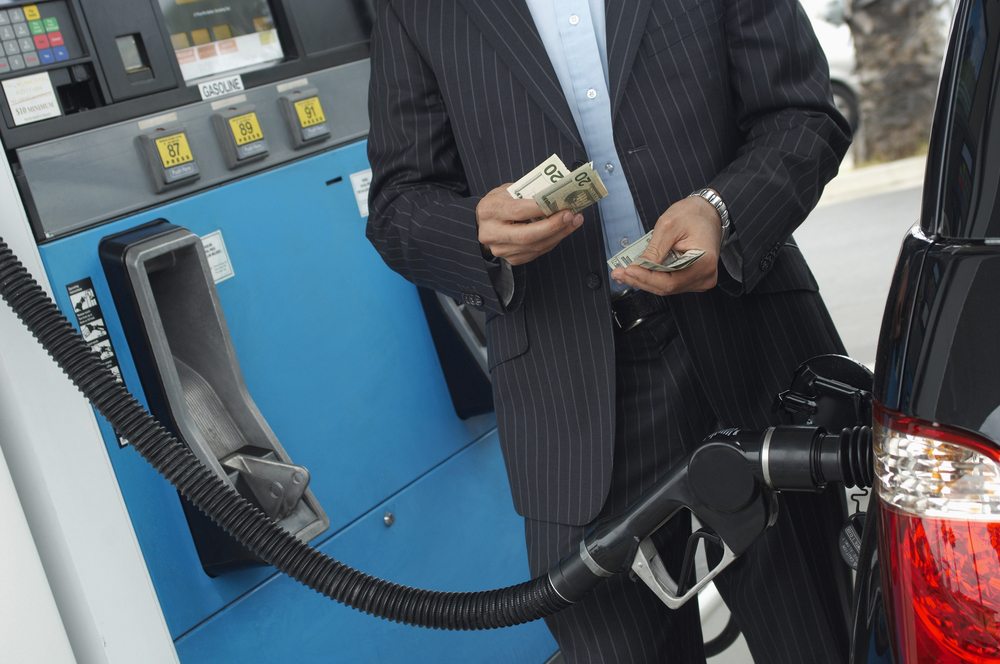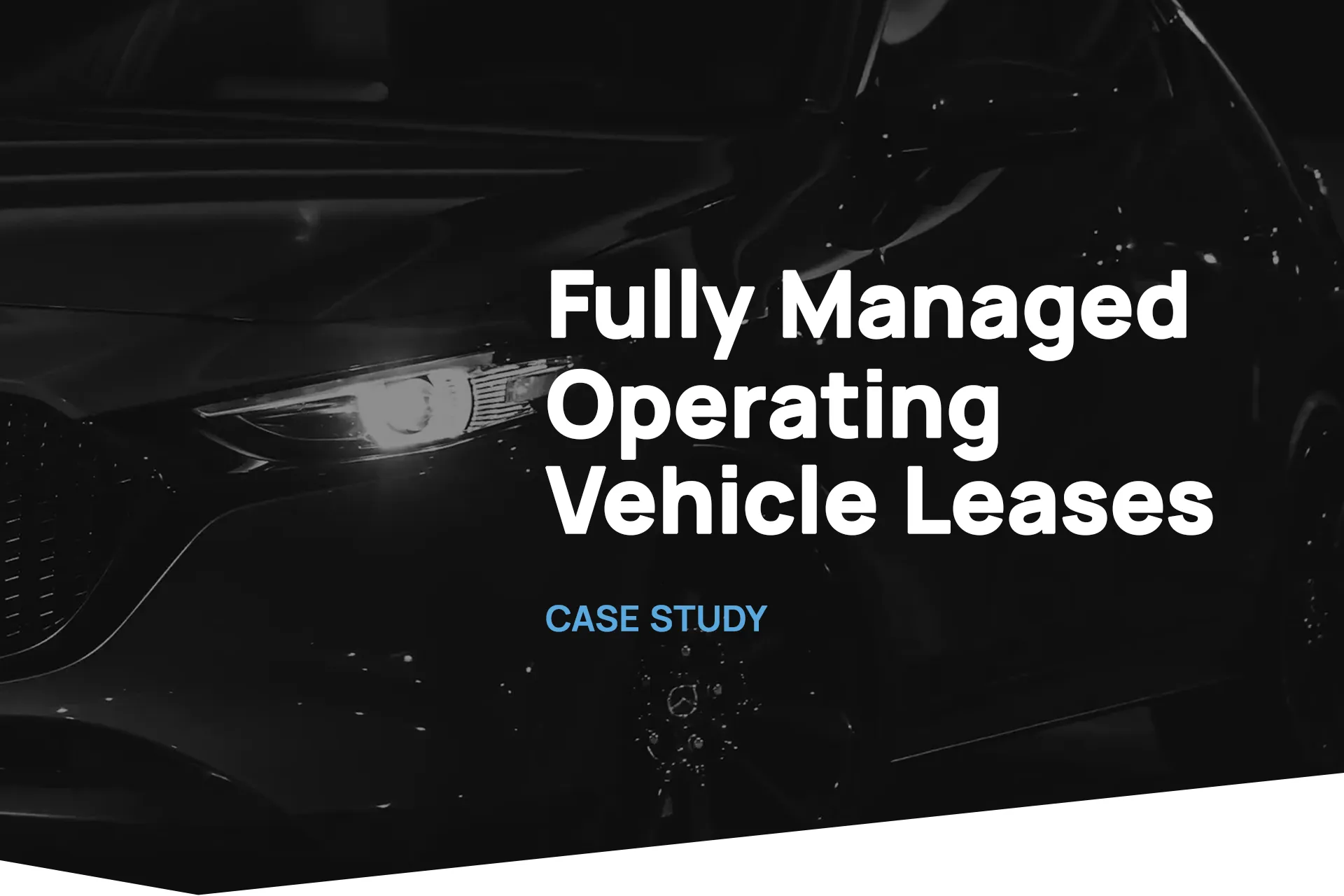Leasing a gas station can be one of the most lucrative business ventures in today’s market, but it’s not as simple as filling up your tank and hitting the road. If you’re considering taking the leap into this industry, there’s a lot you need to know. From understanding the ins and outs of contracts to navigating the competitive landscape, leasing a gas station is a journey that requires both strategy and vision.
Now, let’s be real for a moment. The energy sector is evolving faster than ever, and gas stations are no longer just about selling fuel. They’ve become mini hubs of convenience, offering everything from snacks to car washes. That’s why it’s crucial to arm yourself with the right information before diving headfirst into leasing a gas station. In this article, we’ll break it all down for you, step by step, so you can make informed decisions.
Before we dive deep into the nitty-gritty, let’s address the elephant in the room: is leasing a gas station really worth it? The short answer is yes—if you know what you’re doing. But don’t just take our word for it. Stick around, and we’ll show you exactly why leasing a gas station could be the smartest move you’ll ever make.
Why Lease a Gas Station?
When it comes to business opportunities, leasing a gas station stands out as a golden ticket for entrepreneurs. But why exactly should you consider this route? Let’s break it down.
First off, leasing a gas station means you’re tapping into an industry that’s always in demand. People need fuel, plain and simple. Whether it’s for their daily commute or road trips, the need for gasoline isn’t going anywhere anytime soon. Plus, with the added revenue streams from convenience stores and other services, you’re not just selling fuel—you’re building an empire.
Here’s the kicker: leasing a gas station often requires less upfront capital compared to buying one outright. This makes it an attractive option for those who want to enter the market without breaking the bank. And let’s face it, who doesn’t love saving some cash while still reaping big rewards?
Key Benefits of Leasing a Gas Station
- Lower Initial Investment: Leasing typically involves lower upfront costs compared to purchasing a station outright.
- Steady Cash Flow: Gas stations generate consistent revenue, even during economic downturns.
- Opportunities for Expansion: Many gas stations come with convenience stores, car washes, and other services that can boost profits.
- Brand Recognition: Leasing under a major brand can give you instant credibility and customer trust.
Understanding the Leasing Process
Alright, now that we’ve covered why leasing a gas station is a great idea, let’s talk about the process. It’s not as straightforward as signing a lease agreement and calling it a day. There are several steps you need to follow to ensure everything runs smoothly.
First things first, you’ll need to find the right property. Location is everything in this business. Look for areas with high traffic volume and easy access. Once you’ve found the perfect spot, it’s time to negotiate the lease terms. This is where having a solid understanding of the market comes in handy. You don’t want to end up overpaying or signing a contract that ties your hands.
After securing the lease, you’ll need to focus on operations. This includes hiring staff, setting up inventory systems, and ensuring compliance with all regulations. It’s a lot to handle, but with the right preparation, you’ll be good to go.
Steps to Lease a Gas Station
- Research Locations: Identify high-traffic areas with potential for growth.
- Negotiate Terms: Work with the property owner to create a lease agreement that works for both parties.
- Secure Financing: Explore options like loans or partnerships to cover initial costs.
- Set Up Operations: Focus on staffing, inventory management, and regulatory compliance.
Key Considerations for Leasing a Gas Station
Before you sign on the dotted line, there are a few key considerations you need to keep in mind. These factors can make or break your success in the gas station leasing game.
One of the biggest things to consider is the competition. Are there other gas stations nearby? If so, how do you plan to differentiate yourself? Maybe it’s through lower prices, better customer service, or unique offerings like a car wash. Whatever your strategy, make sure it’s well thought out.
Another important consideration is the lease terms. Make sure you fully understand what you’re agreeing to. Are there renewal options? What happens if the property is sold? These are all questions you need to ask before signing anything.
Factors to Consider Before Leasing
- Competition: Analyze the competitive landscape and develop a strategy to stand out.
- Lease Terms: Carefully review the lease agreement to ensure it aligns with your business goals.
- Location: Choose a location that offers high visibility and accessibility.
- Regulations: Stay compliant with local, state, and federal regulations.
Financial Aspects of Leasing a Gas Station
Now, let’s talk money. Leasing a gas station can be a profitable venture, but it’s important to understand the financial aspects involved. From initial costs to ongoing expenses, you need to have a clear picture of what you’re getting into.
Initial costs can include the lease deposit, equipment upgrades, and staffing expenses. Depending on the condition of the station, you might also need to invest in renovations or repairs. These costs can add up quickly, so it’s essential to have a solid financial plan in place.
On the flip side, gas stations can generate steady cash flow. With the right marketing strategies and operational efficiencies, you can turn a profit in no time. Just remember to factor in ongoing expenses like utilities, maintenance, and inventory costs.
Breaking Down the Costs
- Initial Costs: Lease deposit, equipment upgrades, staffing expenses.
- Ongoing Expenses: Utilities, maintenance, inventory costs.
- Potential Revenue: Fuel sales, convenience store items, car wash services.
Choosing the Right Franchise or Brand
If you’re leasing a gas station, you might have the option to operate under a franchise or brand. This can be a huge advantage, offering benefits like brand recognition, marketing support, and access to a loyal customer base. But how do you choose the right one?
Start by researching the different brands available in your area. Look for those with a strong reputation and a proven track record of success. You’ll also want to consider the terms of the franchise agreement. Are there restrictions on pricing or product offerings? Make sure these align with your business goals.
Another factor to consider is the level of support provided by the franchise. Some brands offer extensive training and resources, while others leave you to fend for yourself. Choose wisely, and you’ll set yourself up for long-term success.
Top Gas Station Franchises to Consider
- Shell: Known for its global presence and strong brand recognition.
- BP: Offers competitive pricing and a wide range of services.
- ExxonMobil: Provides excellent support and marketing resources.
Marketing and Promoting Your Gas Station
Once you’ve secured your lease and set up operations, it’s time to focus on marketing and promotion. After all, no one will know you’re there unless you tell them. So, how do you get the word out?
Start by building a strong online presence. Create a website and social media profiles to connect with potential customers. Use platforms like Facebook and Instagram to share promotions, discounts, and special offers. You can also leverage tools like Google Ads to target local audiences.
Don’t forget about traditional marketing methods either. Flyers, billboards, and local events can all help boost visibility. The key is to use a mix of strategies to reach as many people as possible.
Effective Marketing Strategies
- Online Presence: Build a website and social media profiles to connect with customers.
- Local Advertising: Use billboards, flyers, and community events to increase visibility.
- Special Offers: Run promotions and discounts to attract new customers.
Challenges and Solutions in Gas Station Leasing
No business venture is without its challenges, and leasing a gas station is no exception. From fluctuating fuel prices to regulatory hurdles, there are several obstacles you might face along the way. But don’t worry, we’ve got you covered.
One of the biggest challenges is managing inventory. Fuel prices can be unpredictable, and running out of stock can cost you dearly. The solution? Invest in inventory management software that helps you track supply levels and predict demand. It’s a small investment that can save you a lot of headaches.
Another challenge is staying compliant with regulations. Environmental laws, safety standards, and labor laws are all things you need to keep in mind. The best way to tackle this is by working with a legal expert who specializes in the energy sector. They can help ensure you’re always on the right side of the law.
Overcoming Common Challenges
- Inventory Management: Use software to track supply levels and predict demand.
- Regulatory Compliance: Work with legal experts to stay up-to-date with laws and regulations.
- Competition: Differentiate yourself with unique offerings and excellent customer service.
Future Trends in Gas Station Leasing
As the energy sector continues to evolve, so too does the gas station leasing landscape. There are several trends emerging that could impact your business in the years to come. Staying ahead of these trends can give you a competitive edge.
One trend to watch is the rise of electric vehicles. While gas stations will always have a place, the demand for charging stations is growing rapidly. Consider adding EV charging capabilities to your station to cater to this growing market. It’s a smart move that could pay off big time.
Another trend is the integration of technology. From self-service kiosks to mobile payment options, technology is transforming the way customers interact with gas stations. Embrace these innovations, and you’ll attract tech-savvy customers who value convenience.
Emerging Trends to Watch
- Electric Vehicle Charging: Add EV charging capabilities to cater to the growing demand.
- Technology Integration: Implement self-service kiosks and mobile payment options for convenience.
- Sustainability: Focus on eco-friendly practices to appeal to environmentally conscious customers.
Conclusion: Is Leasing a Gas Station Right for You?
So, there you have it—everything you need to know about leasing a gas station. From understanding the leasing process to navigating the challenges and opportunities, we’ve covered it all. But the real question is: is this the right move for you?
If you’re looking for a business opportunity with steady cash flow and growth potential, leasing a gas station could be the perfect fit. Just remember to do your research, plan carefully, and stay adaptable to changing market conditions.
Now it’s your turn. Are you ready to take the plunge into the world of gas station leasing? We’d love to hear your thoughts in the comments below. And if you found this article helpful, don’t forget to share it with your fellow entrepreneurs. Together, we can fuel success—one station at a time!
Table of Contents:
- Why Lease a Gas Station?
- Understanding the Leasing Process
- Key Considerations for Leasing a Gas Station
- Financial Aspects of Leasing a Gas Station
- Choosing the Right Franchise or Brand
- Marketing and Promoting Your Gas Station
- Challenges and Solutions in Gas Station Leasing
- Future Trends in Gas Station Leasing


